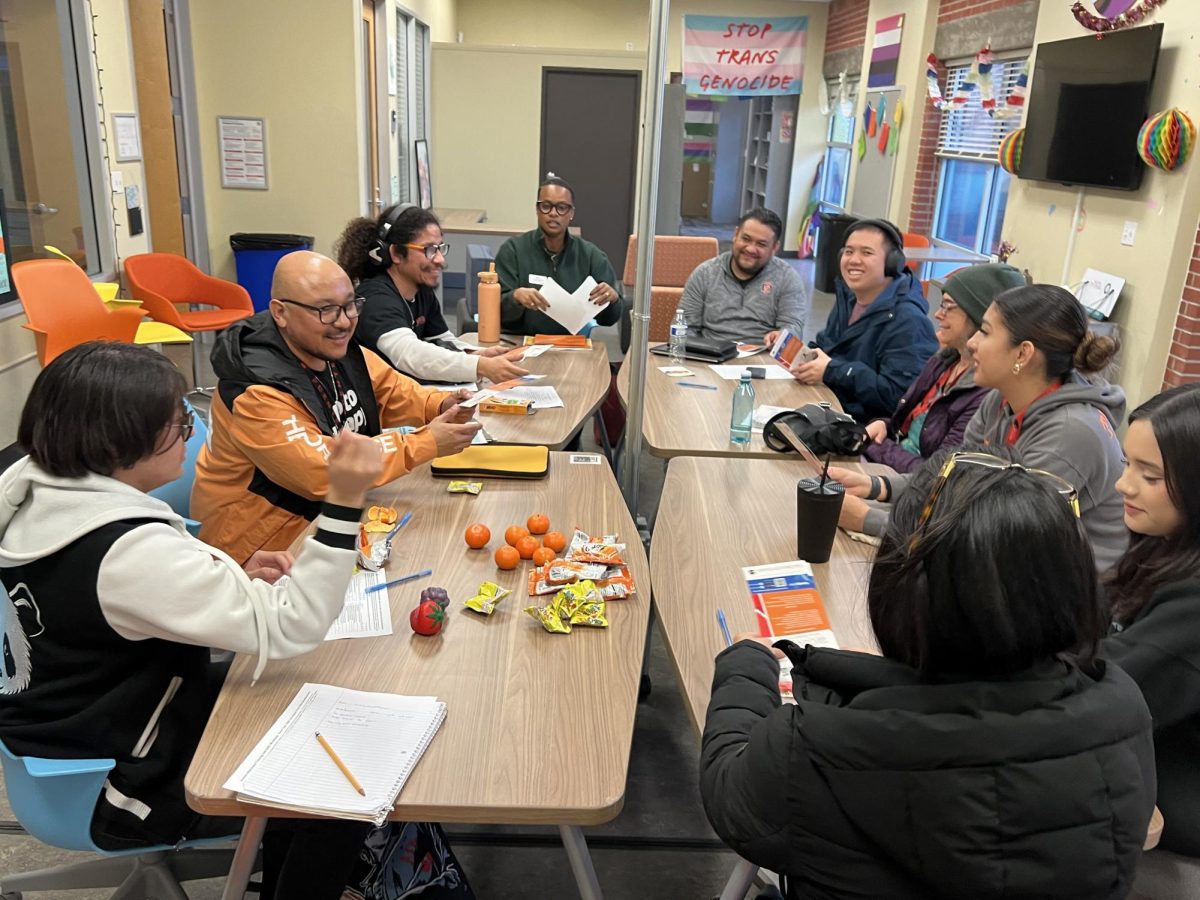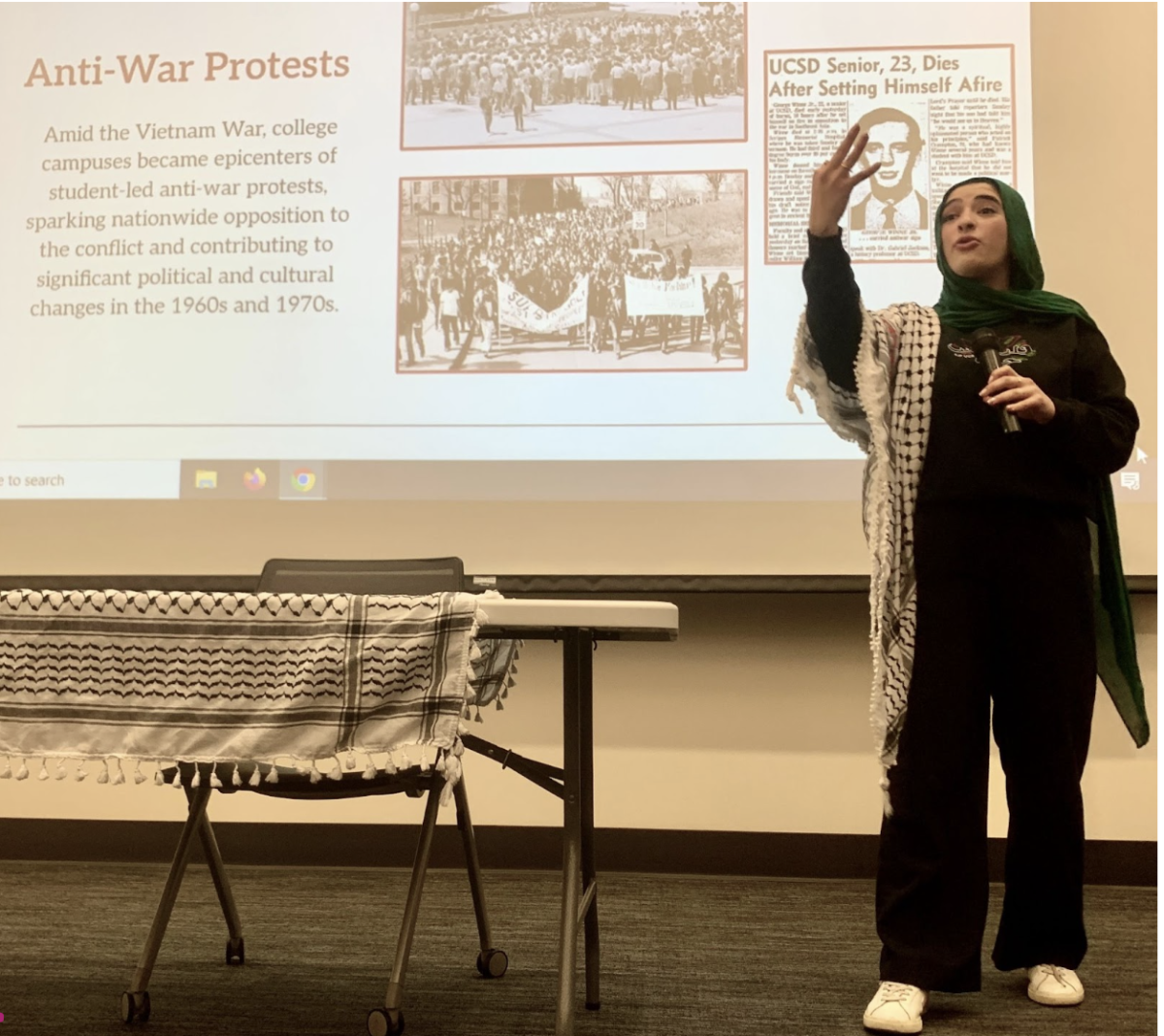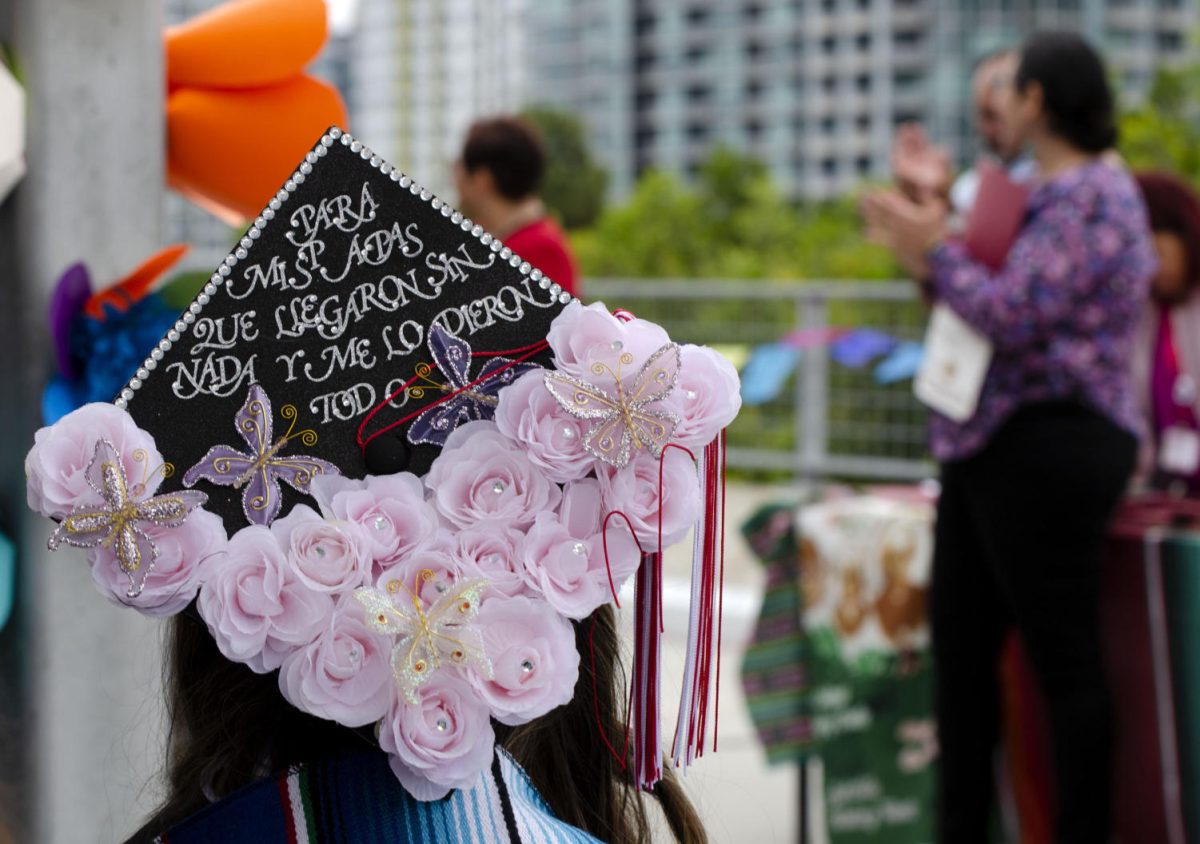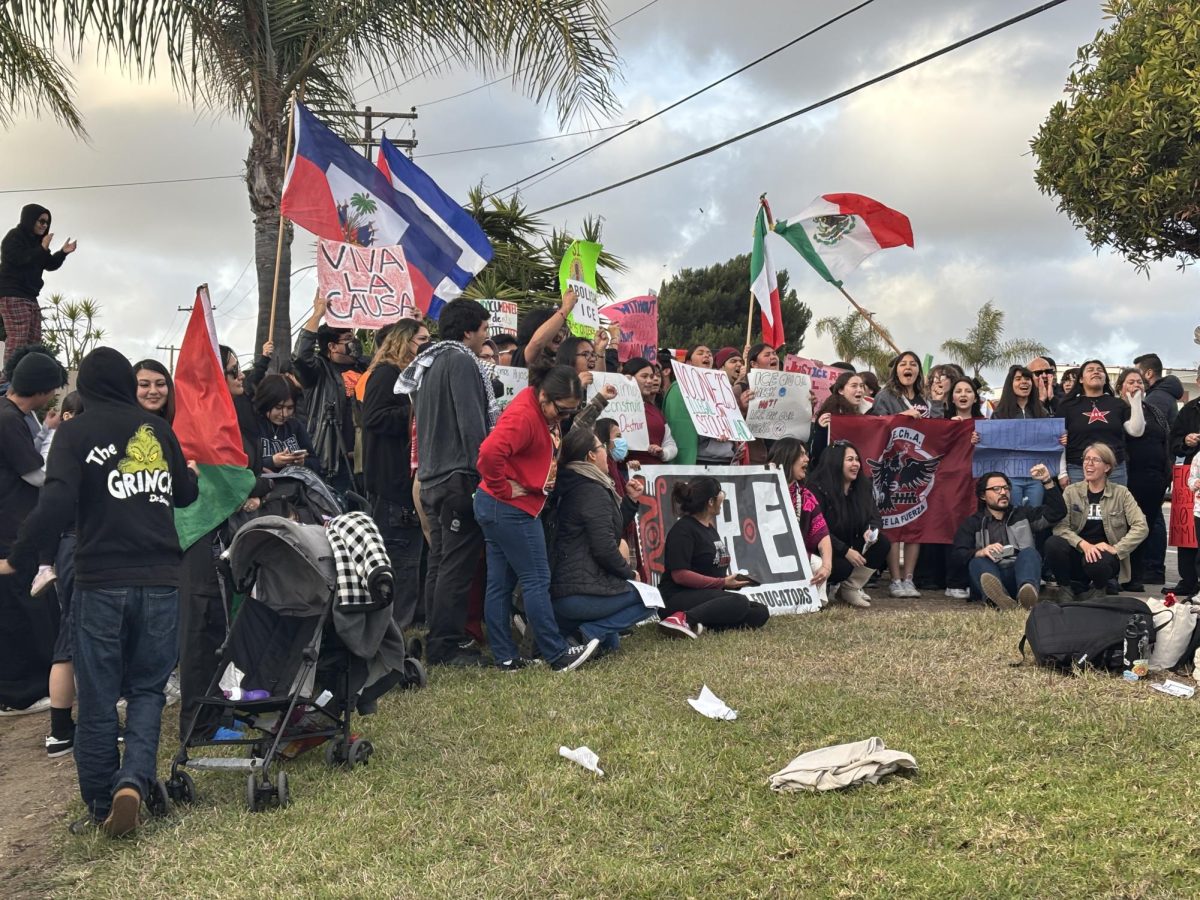Budget cuts to education are compounding issues for veterans trying to return to school with the GI bill.
“A lot of our students are leaving because we don’t have the classes to offer them,” said Belinda Harris, chief certifying officer with the veteran’s records office at City College.
“We had over … 800 vets and now it’s dropped (by) more than 200,” Harris said.
The post-9/11 GI Bill –otherwise known as Chapter 33— is the primary program for educational aid servicing veterans who served after Sept. 10, 2001, including those returning from the wars in Iraq and Afghanistan.
In order to receive benefits under Chapter 33 a student must be enrolled in classes approved by the Department of Veterans Affairs. Not all classes offered at City are VA approved and students must declare a major to receive benefits, which means that if a class is full or unavailable a student may have to declare another major to receive benefits.
Kamali Senior, who began taking classes at City College this semester, expressed his interest in journalism yet changed his major to broadcasting because he could not get the classes he needed.
Senior had signed up for classes in July, but changed his schedule when he later found out that he needed to take 12 specific units in a declared major.
Senior complained of the lack of communication from the VA, lack of information and the long time spent waiting for his benefits to come in.
He admits that he can barely afford to feed himself and that he relies mainly on the kindness of his roommates in giving him a place to stay.
“Something should be done to extradite this process,” he said.
Veterans must first apply to the VA, who decides whether they are eligible to receive benefits. When they receive their eligibility letter from the VA they can apply and pay for classes and file paperwork with the veteran’s records office on campus to begin receiving benefits.
The records office staff and counselors help veterans decide on an appropriate class schedule and then send in the requisite paperwork to the VA who determine the amount of aid a student can receive.
Once the paperwork reaches the VA it’s a four to six week process before veterans will begin to receive benefits, said Lou Humphries, Student Services Supervisor for admissions, records and veterans.
At that point it’s in the VA’s hands. The records office on campus just sends in the claim.
“You just wait,” said Senior, “You’re waiting a lot for money. You’re banking on it to go to school and to take care of yourself. You’re waiting at the mercy of other people, pretty much.”
William Harcourt, a student who works in the records office, allowed for wait times by applying to the VA before he was deployed last year.
“I educated myself by going to the website and calling the VA directly,” Harcourt said.
“I think anybody getting out (of the military) has to really focus … all of their energies 100 percent into what they want to do. You have to really know what you want and how to go about doing it,” he said.
Veterans are also entitled to a monthly housing allowance under the GI bill, but that is dependent on whether they attend school.
“Students, through no fault of their own … are in jeopardy of losing their housing,” said Maurice Martin, former president of the Student Veterans for Peace club.
They’re becoming homeless,” said Martin. “Specifically because they can’t get the 12 units necessary in order to be able to apply for the program.”
Besides that, an amendment to the GI bill included in the Post-9/11 Veterans Educational Improvements Act of 2010 eliminated housing allowances for school breaks.
This presents a problem to students at City College, which does not offer summer classes.
Harris said veterans are looking at Mesa College as an option because of the greater availability of classes there, as well as Palomar for its summer program.
Categories:
Veterans fight to go to school
September 11, 2012
Story continues below advertisement
Donate to City Times
Your donation will support the student journalists of San Diego City College. Your contribution will allow us to purchase equipment, cover the cost of training and travel to conferences, and fund student scholarships. Credit card donations are not tax deductible. Instead, those donations must be made by check. Please contact adviser Nicole Vargas for more information at nvargas@sdccd.edu.








